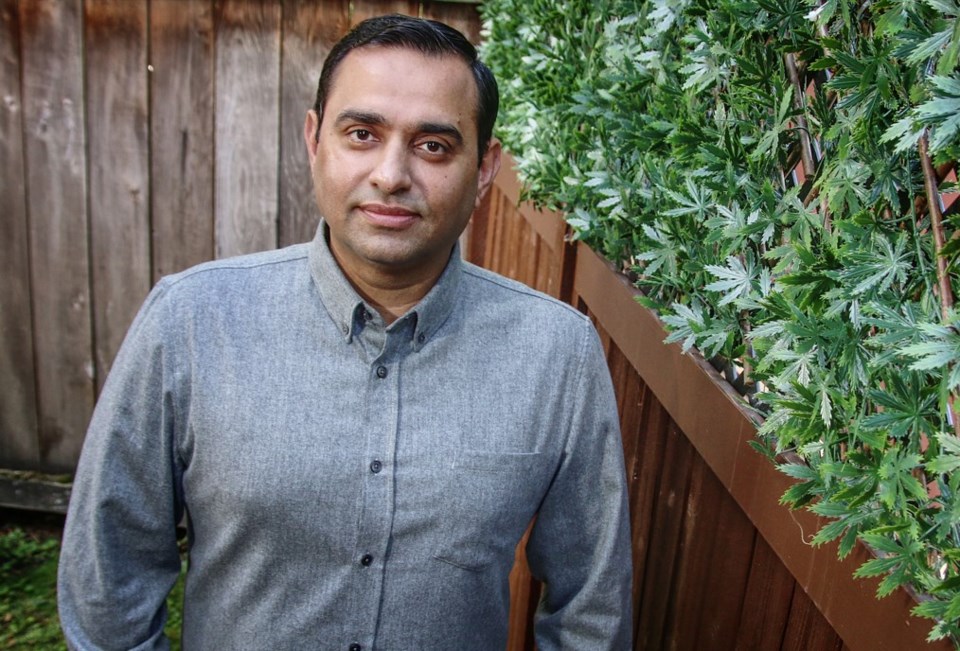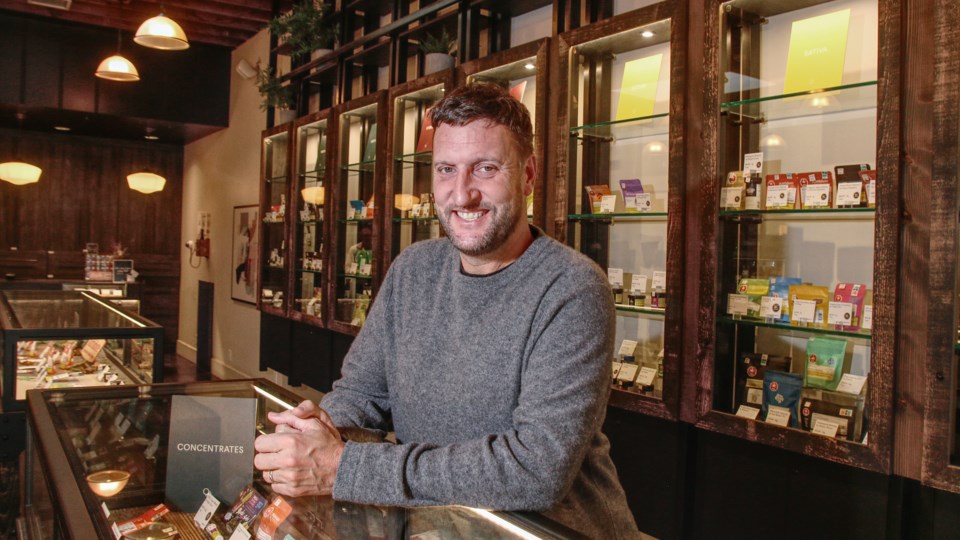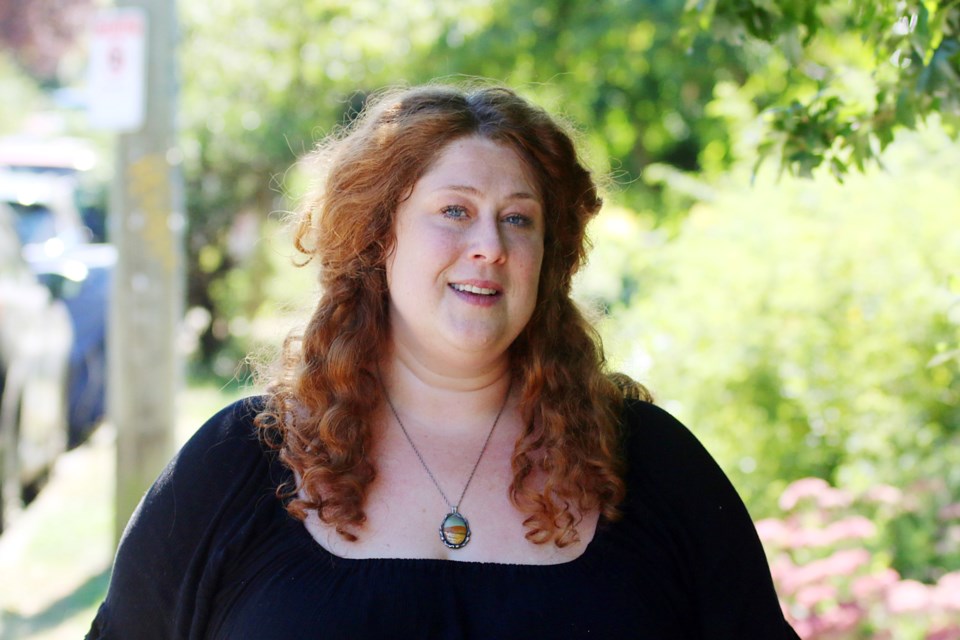No one expected Canada’s cannabis laws to be perfect from the get-go.
When Canada legalized cannabis for adult use six years ago this week, politicians built in a timeline that ensured that it would be a work in progress.
Edibles and drinks were not made legal until late 2019, and then took a while to find their way to shelves due to regulatory hurdles.
Baby-step changes for things such as online ordering and delivery were walked out provincially with no advance warnings.
Federal laws and regulations were supposed to be re-examined five years later, in 2023.
Health Canada is now finally getting around to changing dozens of regulations governing the sector. It halted consultation on these changes in July, and bureaucrats are readying to “gazette” the new regulations, which is the final process for changing regulations, given that there is no need for Parliament to pass a bill.
The department has estimated that its changes will provide the industry $41 million in administrative and compliance cost savings.
Industry insiders told BIV that they tend to like the changes, though in some cases they said that they would have liked bigger thinking, and a more substantial overhaul.
They doubt that the changes will be done in time for the sixth anniversary of legalization, on October 17. Instead, they estimate the tweaks are likely to occur within the next six months—barring a snap federal election.
When Canada legalized cannabis for non-medical use in 2018, its plan was to tightly regulate the sector and to tax it heavily.
That dual burden was enough to dash many entrepreneurs’ dreams, and force countless closures and bankruptcies as companies entered creditor protection.
Plenty of investors saw their capital go up in smoke.
Days before legalization, units in the Global X Marijuana Life Sciences Index ETF (TSX:HMMJ) closed at what would have been $104.20, adjusted for future consolidation. The fund traded earlier this month for less than $10 per unit.
The good news is that many business executives in the sector remain positive and have told BIV that their ventures are profitable.
One wild card that gets many people excited is the chance of the U.S. legalizing cannabis countrywide.
B.C. cannabis producers would be poised to capitalize on that prospect, and U.S. Democratic Party presidential candidate Kamala Harris said on September 30 that she supports nationwide legalization.
“I just think we have come to a point where we have to understand that we need to legalize it and stop criminalizing this behaviour,” she said on the sports podcast “All The Smoke.”
Republican Party presidential candidate Donald Trump has suggested that he supports reforming cannabis laws but has been less clear on exactly how.
Big changes down south could mean B.C. producers would at least be able to export cannabis to the U.S. for medical use. Right now, cannabis can only be exported to the U.S. for research purposes, ASDA Consultancy Services principal Deepak Anand told BIV.
Medical cannabis may soon be dispensed at stores
One of the biggest planned changes to cannabis regulations, and one that Anand likes, would allow pharmacists to dispense medical cannabis to consumers at stores.
Shoppers Drug Mart has long been an advocate for this change.
The regulatory obstacle to this so far has been that cannabis has no drug identification number (DIN), and therefore pharmacists are unable to enter product orders into their systems.
Shoppers Drug Mart has operated as though it is a licensed producer, in that it has been able to accept patients’ authorizations from medical professionals to provide cannabis, but it has then been required to ship those orders to patients via mail, Anand explained.
“Pharmacies are expected to be able to work with the provinces to issue something called a pseudo-DIN, which is awarded to products that are unlicensed or that are not necessarily prescription drugs, but act in the same way as prescription drugs,” he said.
A bigger change that Anand would like to see is the removal of the goods and services tax (GST) and provincial sales taxes (PST) from medical cannabis.

Image: ASDA Consultancy Services principal Deepak Anand has been advocating for a number of changes to Canadian cannabis laws
If the federal government declares a substance as a pharmaceutical product, PST is automatically removed, he explained.
“That is not in the proposed regulatory changes, but it is something I would like to see,” he said.
The biggest tax change that the industry has been clamouring for is for the federal government to change its excise tax formula—a change not included in the proposed regulatory changes.
The excise tax formula was put in place to be either $1 per gram, or 10 per cent of the price of the cannabis sold, whichever is higher. The formula assumed a gram would sell for about $10.
Cannabis retailers, such as Muse Cannabis CFO and director of real estate Mike McKee, have told BIV that the wholesale price of legal cannabis has plunged in Canada because of over-supply. That has meant that McKee and other retailers could be paying $1 per gram in excise tax on a $4 price for a wholesale gram, or a rate of 25 per cent.
Another industry gripe is that Ottawa levies a 2.3-per-cent regulatory fee on cannabis, which is something that it does not do on alcohol. Health Canada does not yet have a plan to change the regulatory fees.
Anand said that he believes the black market for cannabis remains strong in Canada because of the extra taxes that legal producers and retailers must bundle into their sale prices.
“We have probably shifted 50 per cent from the black market in six years, which is pretty good,” said Anand who has been advocating to Health Canada officials. “There could be more of a shift.”
Many smaller regulatory changes on the way
Likely Health Canada regulatory changes include how cannabis products can be packaged, and that has some retailers excited.
Gone is expected to be the requirement that opaque packaging must cover entire packages.
“Being able to have a clear window on cannabis packaging will go a long way from a sales perspective,” said Jaclynn Pehota, executive director at the Licensed Retail Cannabis Council of B.C.
Changes would allow customers to see the product they’re buying.
“Right now, you’re buying blind until you get home and open the bag up,” she said.
A second likely big retail change is that Ottawa will allow producers to package multiple products together if the package remains under a 30-gram limit.
This means producers would be able to sell more edibles in one outer package, Pehota said.
“Let’s say you have a pack of three pre-rolls,” she said. “Right now, they all must be the same flavour. With this change, the producer will be able to create a true variety pack of pre-rolls so there are multiple different cultivars in one package. That will be exciting.”
Strict packaging limitations that restrict imagery and celebrity endorsements are expected to remain. Producers will, however, likely be allowed to put on packaging QR codes that link to websites with more information.
Good news for micro-producers is that the federal government is likely to allow them to farm bigger plots, and grow products in spaces up to 800 metres, from the current 200 metres, Anand said.
B.C. micro-producers still have beefs with fees.
The provincial government in 2022 started allowing craft or micro-producers to sell directly to customers, but the program has had little up-take because of high fees.
In addition to refundable fees for allowing bureaucrats to assess paperwork, licensing fees and ongoing renewal fees, the British Columbia Liquor Distribution Branch (BCLDB) charges micro-producers a 15-per-cent fee on products sold directly to customers, and has a 15-per-cent warehousing fee.
It is the same cost, therefore, for the micro-producer to sell directly to the customer as it would be for it to sell the product through the BCLDB and have the BCLDB incur some warehousing and other costs.
Industry has had upheaval
Bankruptcies, insolvencies and creditor protection applications have defined the legalization landscape, as regulatory and cost challenges dashed the big dreams of entrepreneurs.
Take B.C.’s Dan Sutton for example.
After founding licensed producer Tantalus Labs in 2012 to sell cannabis to medical patients, he took the company to the brink of profitability in early 2023, he told BIV at the time.
His venture in mid-2023 entered bankruptcy and insolvency proceedings, and in August had Newfoundland’s Atlantic Cultivation buy its assets for an undisclosed amount.
Ottawa’s excise tax structure was largely what killed the venture, he said.
Sutton has since left the cannabis sector, and is CEO at Synergetic, which claims to be leading the global transition from fossil fuels to synthetic ones.
He told BIV last year that he was looking for a job that involved “anything but” cannabis work.

Image: Muse Cannabis CFO and director of real estate Mike McKee told BIV that his five stores are profitable and that is is positive about the future
Many retail ventures have struggled.
The Donnelly Group’s cannabis arm Lightbox Enterprises Ltd. went into creditor protection in late 2022, when it had eight Dutch Love stores in B.C., as well as about a dozen stores in Ontario and several in Alberta, the company’s chief growth officer Harrison Stoker told BIV. It then started selling the stores.
Regulatory hurdles, Stoker said, were the cause of the downfall.
The B.C. government enjoyed a 34-month monopoly on cannabis delivery within the province after legalization.
The only place that B.C. customers during that time could order legal cannabis online and get home delivery was from the government’s online store.
Illicit cannabis sellers flourished online, and Solicitor General Mike Farnworth told BIV at the time that there could be police stings.
The B.C. government in March 2020 then took the step of allowing private legal cannabis retailers to conduct sales transactions online, but it required customers to go to stores to complete payments, show identification and pick up purchases.
Five months later, in August 2020, the B.C. government started to allow licensed private cannabis retailers to sell products and collect payments online, but it still required customers to pick up their purchases at bricks-and-mortar stores.
It took until July 2021 for the B.C. government to allow legal private cannabis sellers to deliver products directly to consumers.
Even then, onerous restrictions were placed on the sector, such as that the retailers had to own the vehicles that they were using to deliver the cannabis, and that their staff had to undergo police screening and get licensed by the province—restrictions that have since been dropped.
Given the cost of insuring vehicles for cannabis delivery, many stores do not offer that service.
B.C. cannabis retailers can use Canada Post to deliver cannabis, McKee said. But customers must go to Canada Post offices to pick up the mailed product.
“You don’t want to wait for that type of delivery,” he said of cannabis.
“You want it delivered within the hour, or very shortly after. Mailing it and having to pick up the purchase is not the way consumers want to order the products.”
McKee said his five cannabis stores are profitable and that he is positive about the future. He said he is scouting for strong locations to expand with new stores.
Gary Karbar is another optimistic cannabis retailer.
He bought four Dutch Love stores out of creditor protection, and he said he plans to keep the name of the chain.
“We’ve owned pharmacies,” he said to explain why he thought he had the expertise to be able to turn around the businesses.
“We already have a really good understanding of retail, and how to deal with sensitive products. We are profitable.”




